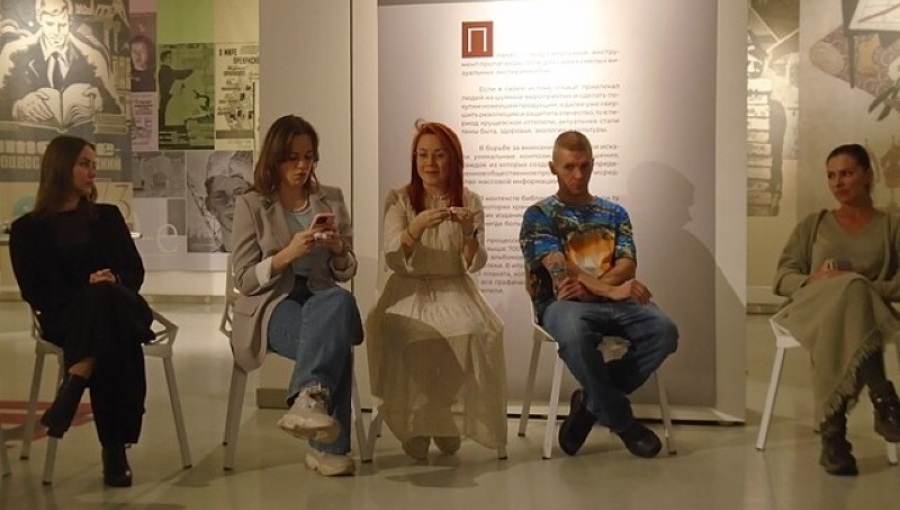Around 30,000 Russians of working age die annually from HIV, according to Vadim Pokrovsky, the head of Russia’s Federal Methodological Centre for HIV/AIDS Prevention.
This figure continues to rise alongside increasing treatment costs for the government and a lack of early HIV testing.
Speaking to TASS, Pokrovsky revealed that the Russian government spends RUB70bn ($670mn) per year on HIV treatment. The epidemic is exacerbated by the loss of economically active individuals, which Pokrovsky highlighted as a critical economic blow.
“If each year we lose 30,000 young, able-bodied people who could work for another 20-30 years, that is an additional loss [to the economy],” he said.
Russia’s HIV epidemic, which has resulted in 1.7mn infections and nearly 500,000 deaths to date, stems primarily from gaps in early diagnosis and inconsistent treatment availability. Reports indicate that shortages of antiretroviral drugs, including the vital medication Dolutegravir, have emerged due to disrupted supply chains and procurement issues, with some supply tenders being cancelled altogether.
While heterosexual transmission is now the most common means of spreading HIV in Russia, marginalised groups such as drug users, sex workers and gay men remain disproportionately vulnerable. Reduced funding for HIV testing – currently 30% below the recommended levels – has further undermined efforts at early detection, despite calls from medical experts for regular screenings to prevent immune system deterioration.



Worth adding. In homophobic a community. It is much less likely that gay men are able to get honest advice.
And way more likely that those gay men also risk heteosexual women. When attempting to avoid prejudice. Ie pretending not to be gay.
Back in the early 80s when aids first came out. The US and UK were very homophobic. To the point it was often illegal in some US states. And only recently legalised but still restricted in the UK.
This in no way prevented gay men and increased the risk to both gay and hetrosexual communities.